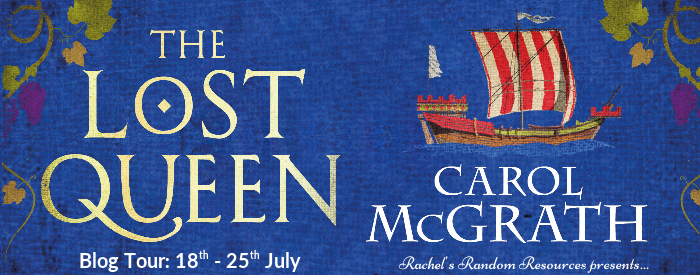I’m delighted to be welcoming back a fabulous author, and dear friend, to my website.
Rachel Brimble’s latest #saga, Shared Secrets from the Home Front Nurses (from her #bestselling, World War II series), is published by Boldwood and is available from all good retailers.
It’s a pleasure to be able to share its #openinglines with you today.

BLURB:
1943: Becoming a Home Front nurse, meant Kathy Scott was finally able to escape the violence of her childhood. At long last, her life has taken a turn for the better. Particularly because, for the very first time, she’s made some wonderful friends–fellow nurses Sylvia, Freda and Veronica.
Kathy’s known for not being short of a word or two. So nobody’s more surprised than her when she finds herself tongue-tied around Freda’s handsome brother, James – who’s home from war with an unexplained injury.
Eventually they start to open up to each other… But can two people who have felt so broken by their experiences ever find a chance for happiness?
Don’t miss this powerful and unputdownable wartime saga about courage, healing and the power of friendship!

FIRST 500 WORDS:
Standing in line in the Upper Borough Hospital canteen, Nurse Kathy Scott resisted the urge to shiver, as the ghosts of her dead parents knocked their violent knuckles along her spine.
‘Just leave me be,’ she murmured, as she glared at the back of the nurse’s head in front of her.
The nurse turned and frowned. ‘Did you say something?’
Kathy sniffed. ‘Not to you.’
Their glares locked before the other nurse faced forwards again. Kathy defiantly lifted her chin as she fought against her guilt for being so rude. The simple fact was, the woman didn’t deserve her derision. Kathy scowled. Damn her parents for everything they had done to her when they were alive and how they continued to haunt her even after their deaths.
Tightening her fingers around her empty tray, Kathy cursed the unfairness of how easily her memories and treacherous feelings for her parents returned, over and over again, despite the beatings, the humiliation… the absence of basic humanity, that they had inflicted on her. How could it be that she still cared for them? She impatiently tapped her foot on the tiled floor as she waited in line, pitiful tears blurring her view as she stared at the taped bank of windows on the opposite side of the noisy room. Uniformed nurses chatted and laughed as they stood around in groups or sat at the long tables eating what meagre hot lunches the hospital had managed to cobble together for their hardworking staff on this damp and grey Wednesday afternoon.
An image of her parents’ body bags being wheeled past her on stretchers by the rescue workers who had found them amid the rubble of her destroyed home rose in Kathy’s mind and she swallowed the lump that dared to rise in her throat. Almost a year had passed since Bath had suffered the three days of German bombing that had killed her parents and reduced the house they’d all lived in together on Kingsmead Street to little more than bricks and ash, her mum and dad thankfully buried beneath the lot. Kathy clenched her jaw, refusing to acknowledge the single tear that slipped over her cheek. Good riddance to bad rubbish…
God, how she hated these moments of care for them that continued to catch her unawares. How could she still think of them? They beat her, berated her, treated her like dirt and the ultimate inconvenience, yet despite the testy, often unjustified and downright horrible attitude she enforced to protect herself from the rest of the world half the time, her parents still spitefully lingered in part of her heart.
‘What can I get you, love?’
Kathy started.
The grey-haired kitchen lady smiled kindly from behind the serving counter, ladle in hand. ‘We’ve got vegetable soup with a nice chunk of bread. Or maybe you fancy a bit of shepherd’s pie?’
Kathy leaned forward to inspect the contents inside the silver chafing dishes in front of her. She screwed up her nose, her…
You can buy this, the latest in the Home Front Nurses series from all good retailers, including: https://mybook.to/SharedSecrets
BIO

Rachel Brimble is the author of 35 novels and has been published by Harlequin Mills & Boon, Kensington Books, Harper Road Press and more. She now writes for Boldwood Books. Her latest Amazon bestselling WWII series, The Home Front Nurses is her most popular series to date with book four released in February 2026.
Her next series will be set in Castle Combe, The War Orphans will start in September 2026.
Rachel is also the owner of The Writer Printable Co, an Etsy shop offering printable and editable novel writing resources to help new authors on their journey to writing success.
Link: https://thewriterprintableco.etsy.com
To sign up for her publisher’s newsletter, click here: https://bit.ly/RachelBrimbleNews
Website: https://bit.ly/3wH7HQs
Twitter: https://bit.ly/3AQvK0A
Facebook: https://bit.ly/3i49GZ3
Instagram: https://bit.ly/3lTQZbF
BookBub: https://shorturl.at/nrxFJ
Many thanks for sharing your opening lines with us, Rachel.
Happy reading everyone,
Jenny x

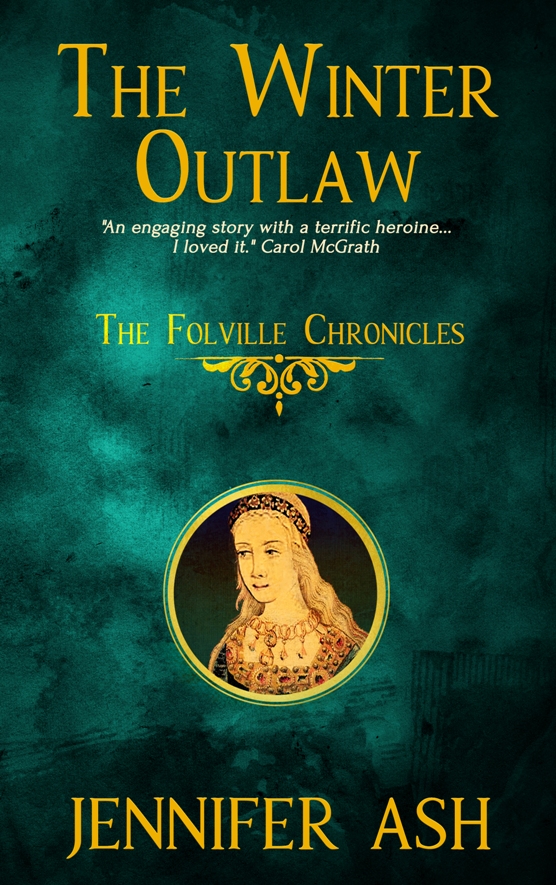

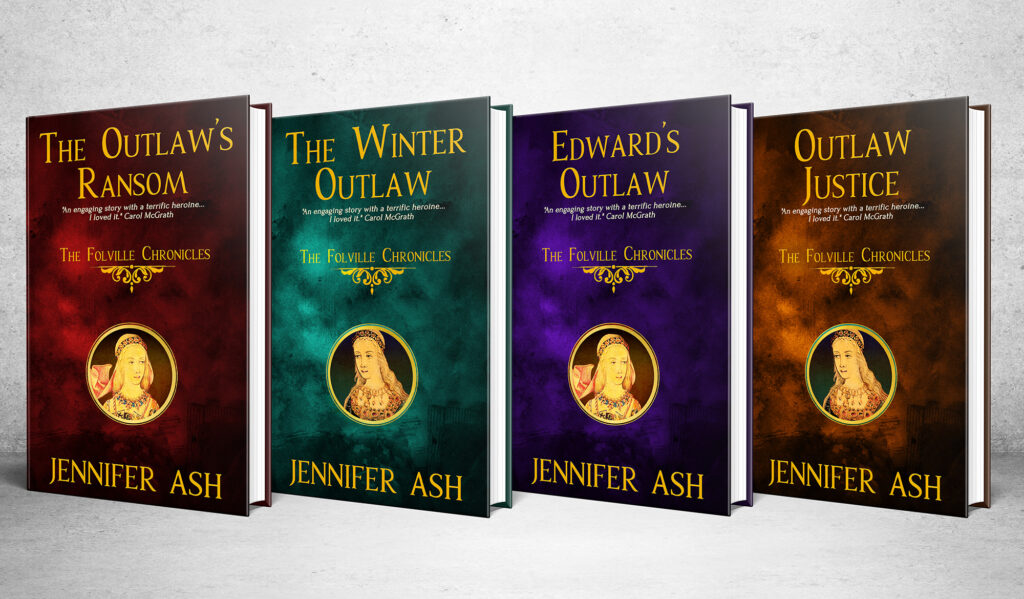
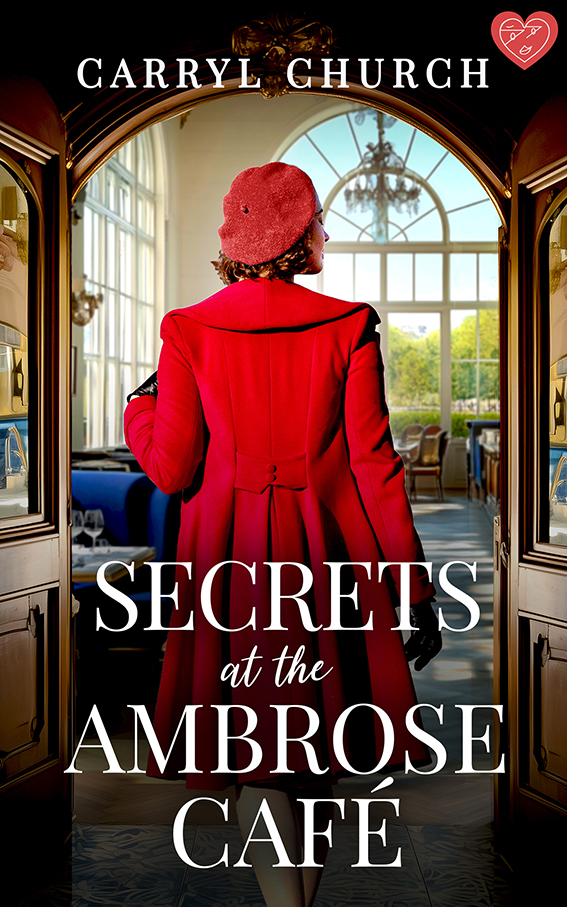





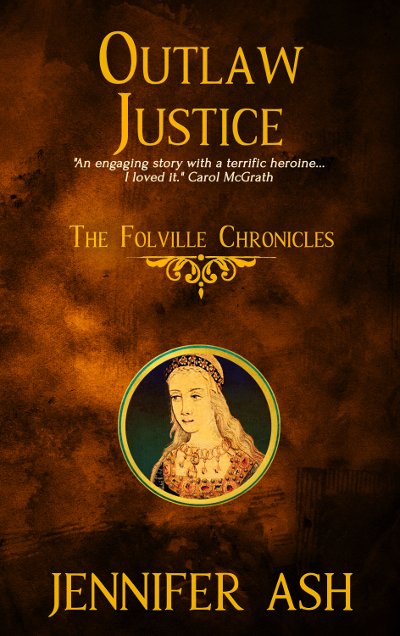

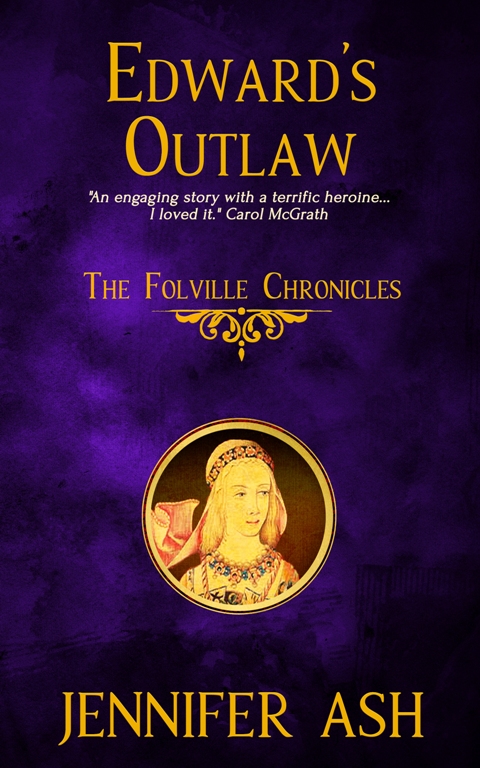


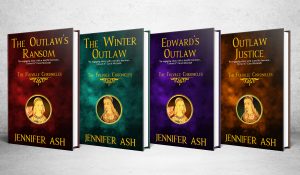


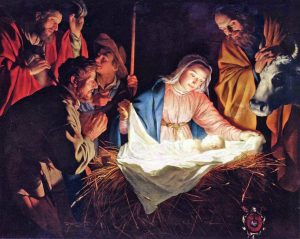

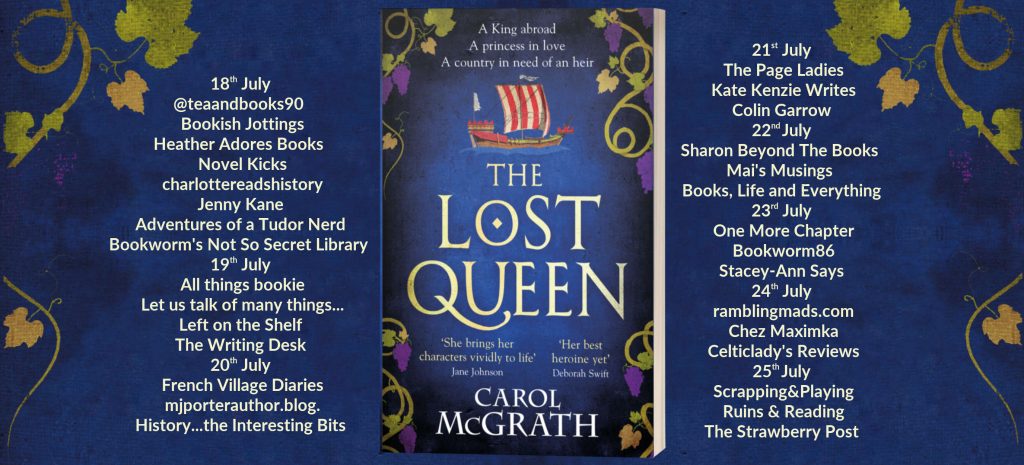

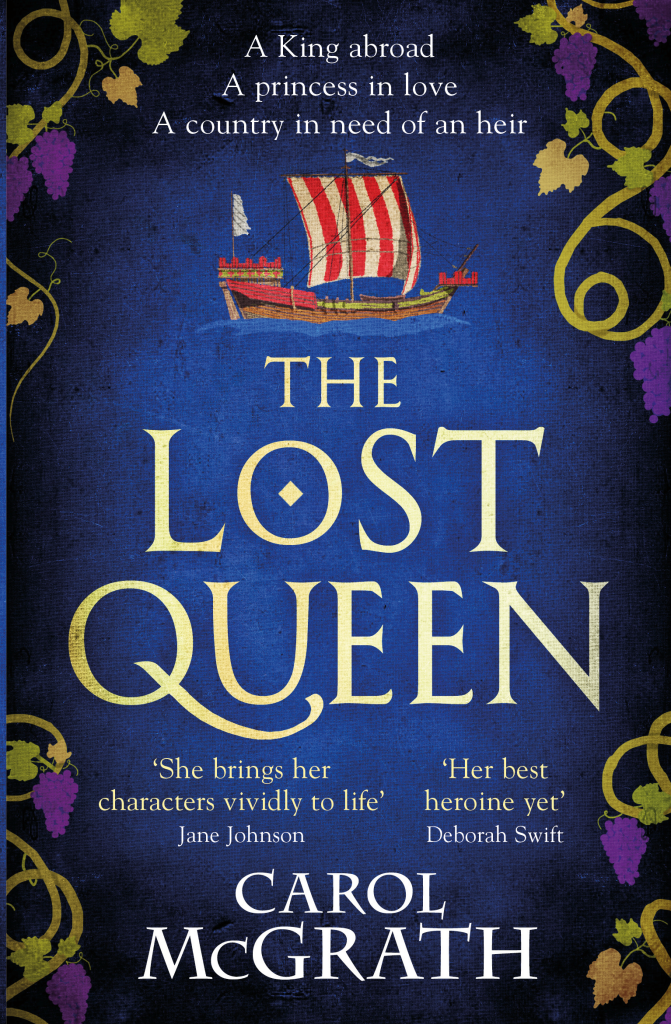
 Bio – Following a first degree in English and History, Carol McGrath completed an MA in Creative Writing from The Seamus Heaney Centre, Queens University Belfast, followed by an MPhil in English from University of London. The Handfasted Wife, first in a trilogy about the royal women of 1066 was shortlisted for the RoNAS in 2014. The Swan-Daughter and The Betrothed Sister complete this highly acclaimed trilogy. Mistress Cromwell, a best-selling historical novel about Elizabeth Cromwell, wife of Henry VIII’s statesman, Thomas Cromwell, was republished by Headline in 2020. The Silken Rose, first in a medieval She-Wolf Queens Trilogy, featuring Ailenor of Provence, saw publication in April 2020. This was followed by The Damask Rose. The Stone Rose was published April 2022. Carol is writing Historical non-fiction as well as fiction. Sex and Sexuality in Tudor England was published in February 2022. The Stolen Crown 2023 and The Lost Queen will be published 18th July 2024. Carol lives in Oxfordshire, England and in Greece.
Bio – Following a first degree in English and History, Carol McGrath completed an MA in Creative Writing from The Seamus Heaney Centre, Queens University Belfast, followed by an MPhil in English from University of London. The Handfasted Wife, first in a trilogy about the royal women of 1066 was shortlisted for the RoNAS in 2014. The Swan-Daughter and The Betrothed Sister complete this highly acclaimed trilogy. Mistress Cromwell, a best-selling historical novel about Elizabeth Cromwell, wife of Henry VIII’s statesman, Thomas Cromwell, was republished by Headline in 2020. The Silken Rose, first in a medieval She-Wolf Queens Trilogy, featuring Ailenor of Provence, saw publication in April 2020. This was followed by The Damask Rose. The Stone Rose was published April 2022. Carol is writing Historical non-fiction as well as fiction. Sex and Sexuality in Tudor England was published in February 2022. The Stolen Crown 2023 and The Lost Queen will be published 18th July 2024. Carol lives in Oxfordshire, England and in Greece.